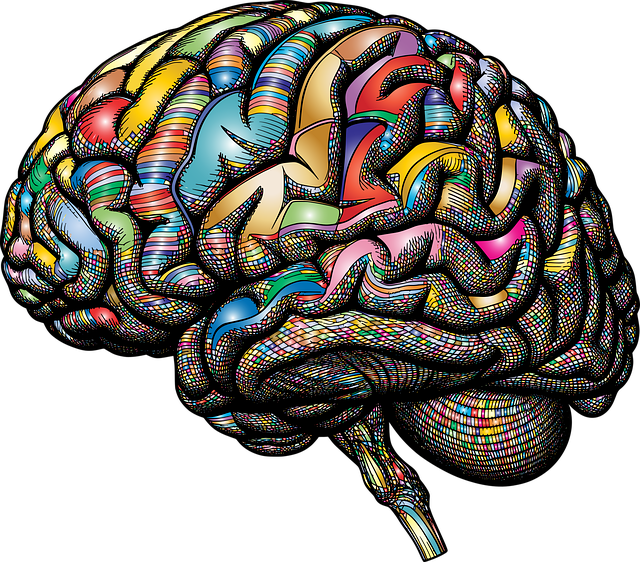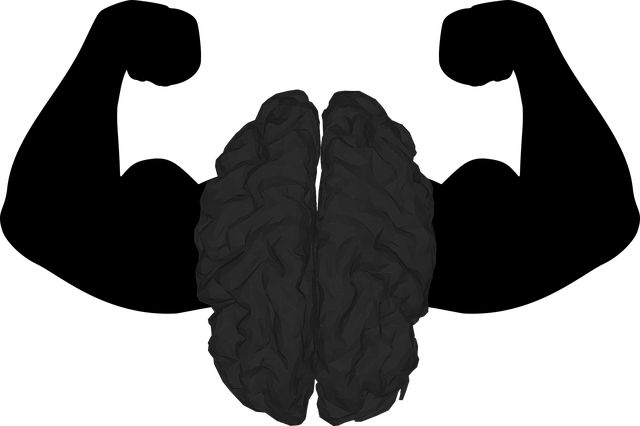Mental health advocacy initiatives, with a focus on marginalized communities, are crucial in breaking down barriers to therapy for adults who have experienced child abuse. Cultural sensitivity and compassion cultivation enhance accessibility, using evidence-based modalities like CBT and EMDR to address complex trauma. Advocacy starts with awareness campaigns, challenging stigma, and encouraging open discussions about emotional well-being, leading to improved mental health policies that prioritize prevention, early intervention, and access to quality care for diverse populations.
Mental health advocacy initiatives play a crucial role in fostering awareness and promoting support for individuals affected by childhood abuse. This article delves into the multifaceted aspects of mental health advocacy, offering a call to action for positive change. We explore the profound impact of childhood trauma on adult mental health, highlighting the need for accessible therapy and effective strategies to break down barriers for survivors. By examining these key areas, we aim to empower individuals and drive lasting advocacy efforts.
- Understanding Mental Health Advocacy: A Call to Action
- The Impact of Childhood Abuse on Adult Mental Health
- Accessible Therapy: Breaking Down Barriers for Adult Survivors
- Effective Advocacy Strategies for Lasting Change
Understanding Mental Health Advocacy: A Call to Action

Mental health advocacy initiatives are crucial in fostering a society that prioritizes well-being and mental resilience. Understanding mental health advocacy goes beyond mere awareness; it involves active participation in creating supportive environments, especially for marginalized communities who often face barriers to quality care. In terms of therapy for adults who have experienced child abuse, these initiatives play a pivotal role in breaking down stigma and promoting healing.
Cultural sensitivity in mental healthcare practice is integral to this process, ensuring that services are accessible and tailored to diverse needs. By incorporating compassion cultivation practices, advocates can foster an atmosphere of understanding and empathy, which is essential for individuals navigating complex trauma. Mental health awareness, thus, becomes a catalyst for positive change, encouraging early intervention and support systems that enable long-term recovery.
The Impact of Childhood Abuse on Adult Mental Health

Childhood abuse, whether physical, emotional, or sexual, can have profound and long-lasting effects on a person’s mental health in adulthood. The impact often manifests as complex trauma, which can lead to a range of psychological issues such as depression, post-traumatic stress disorder (PTSD), anxiety disorders, and substance abuse problems. Many survivors struggle with low self-esteem, trust issues, and difficulty regulating emotions, hindering their ability to form healthy relationships and maintain stable employment.
Therapy for adults who have experienced child abuse can be a powerful tool in healing these wounds. Cognitive behavioural therapy (CBT) is often used to address the negative thought patterns and behaviours that arise from trauma. Techniques focused on mindfulness and stress reduction, like those taught under mind over matter principles, can help individuals manage anxiety relief and develop better coping mechanisms. By focusing on building confidence boosting skills, survivors can begin to reclaim their lives, fostering resilience and a sense of empowerment in the face of adversity.
Accessible Therapy: Breaking Down Barriers for Adult Survivors

Breaking down barriers for adult survivors is a crucial step towards accessible therapy and mental health advocacy. Many adults who experienced child abuse or trauma in their past may face significant challenges when seeking therapy, often due to fear, shame, or feeling misunderstood. These barriers can be compounded by the lack of specialized services tailored to their needs, leading to prolonged struggles with mental health issues. Accessible therapy aims to provide a safe, non-judgmental space where adults can heal and build inner strength.
One effective approach is incorporating therapeutic modalities that address trauma specifically, such as eye movement desensitization and reprocessing (EMDR) or cognitive behavioral therapy (CBT). Additionally, social skills training and compassion cultivation practices have shown promise in helping individuals process their experiences, develop resilience, and foster healthy relationships. By making these evidence-based treatments more accessible and tailored to adult survivors, we can empower them on their journey towards healing and well-being.
Effective Advocacy Strategies for Lasting Change

Effective advocacy strategies for lasting change in mental health begin with raising awareness and fostering self-awareness exercises that encourage open conversations about emotional well-being. By integrating these discussions into public discourse, individuals can challenge stigmatizing attitudes and promote understanding of various mental health conditions, including those stemming from childhood abuse. This shift in perception is crucial for encouraging adults to seek therapy and support when needed.
Moreover, incorporating conflict resolution techniques within advocacy initiatives empowers communities to navigate challenging conversations around mental health policy. Through meticulous Mental Health Policy Analysis and Advocacy, activists can identify systemic gaps and advocate for evidence-based solutions that prioritize prevention, early intervention, and access to quality care. This multifaceted approach ensures that efforts towards improving mental healthcare are inclusive, effective, and tailored to address the unique needs of diverse populations.
Mental health advocacy plays a pivotal role in fostering understanding and breaking down barriers to support, especially for those affected by childhood abuse. By recognizing the long-lasting impact of such experiences, we can advocate for accessible therapy that empowers adults to heal. Implementing effective strategies on a large scale ensures that resources reach those who need them most, ultimately revolutionizing care and creating a more supportive society. Let’s continue to navigate this critical issue with empathy and action, specifically targeting therapy for adults who have experienced child abuse.









